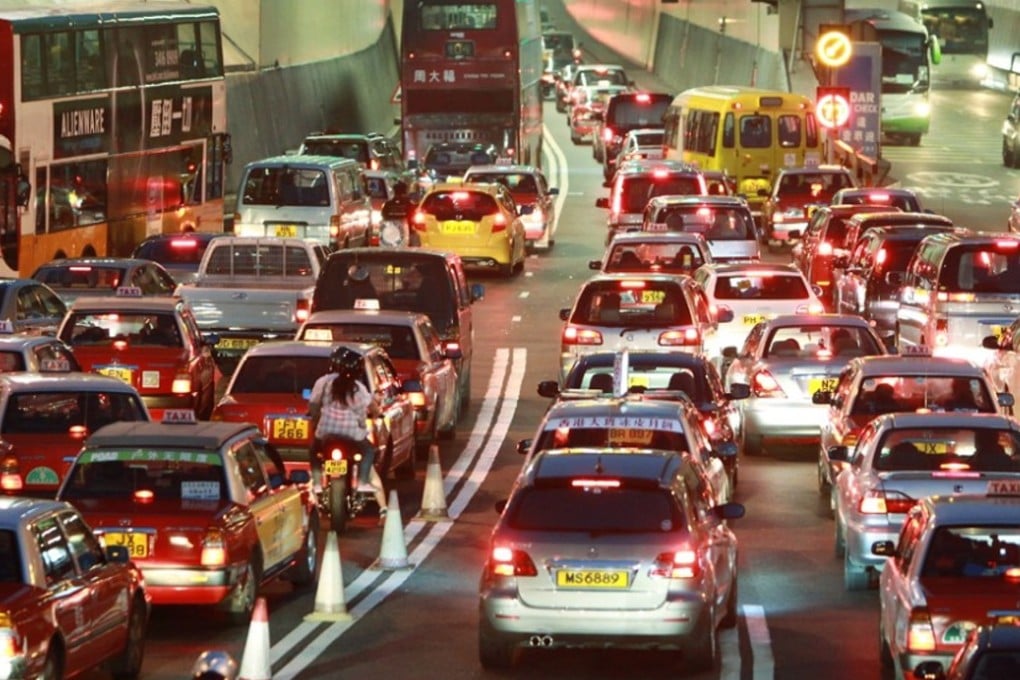New ride-sharing apps Hopsee, Ryde arrive in Hong Kong to challenge Uber and GoGoVan
It used to be called ‘car-pooling’: now, there’s an app for that

Hongkongers can now save money on their commutes to work and help the environment courtesy of ride-sharing apps such as Hopsee and Ryde.
Carpooling is not a new concept. Ride-hailing companies like Didi Chuxing Technology in China and San Francisco-based Uber have launched such services in some of their markets, but these are not currently available in Hong Kong.
Ryde and Hopsee hope to plug this market gap.
Hopsee, a taxi ride-sharing app by Hong Kong company IC Studio, launched earlier this month with the aim of connecting taxi passengers going the same way.
“There are 18,138 taxis in Hong Kong, yet there are over 1 million people in Hong Kong using taxis every day,” said Rafal Czerniawksi, co-founder of Hopsee.
“We are facing ever-increasing difficulty in terms of catching a taxi ride.”